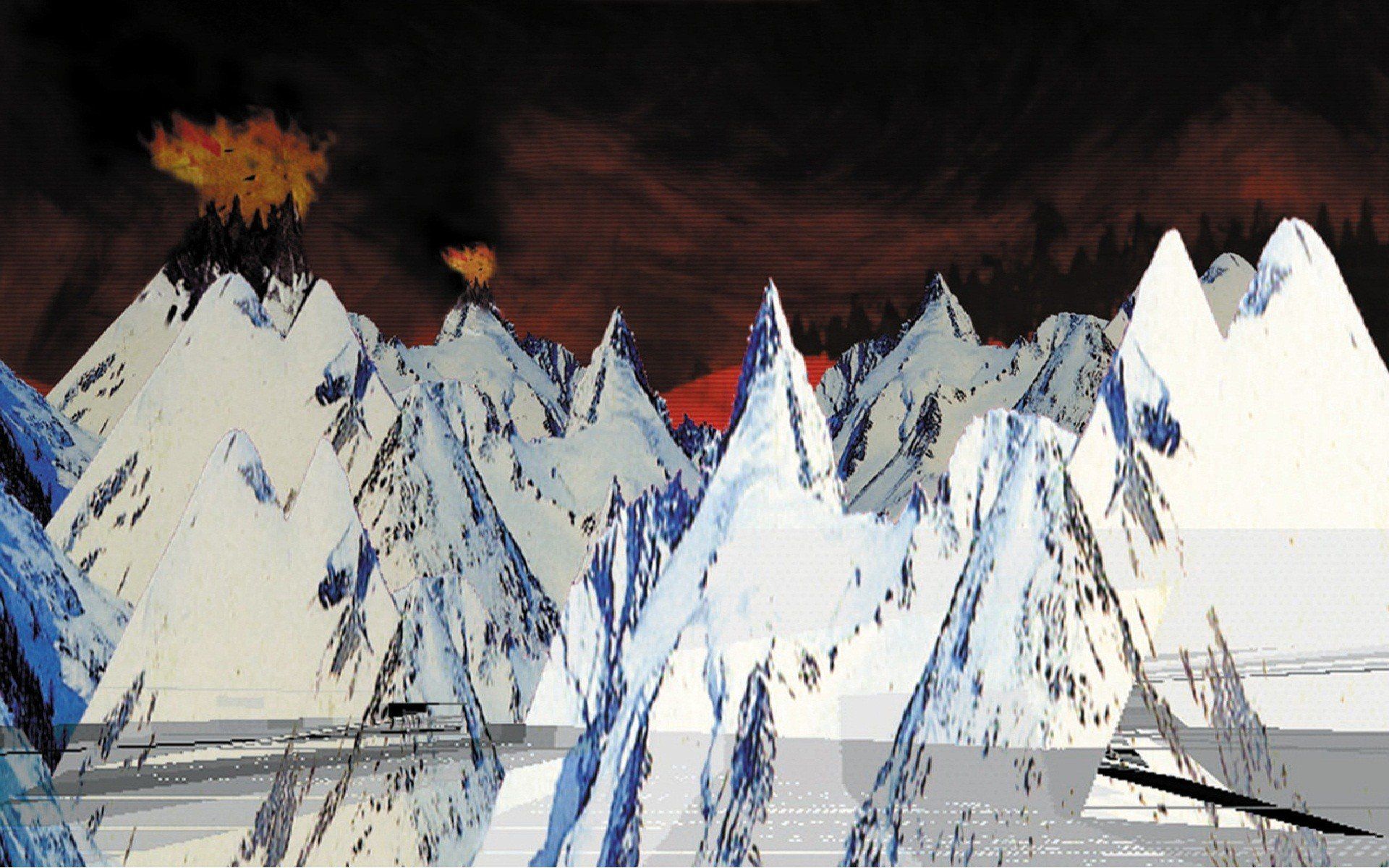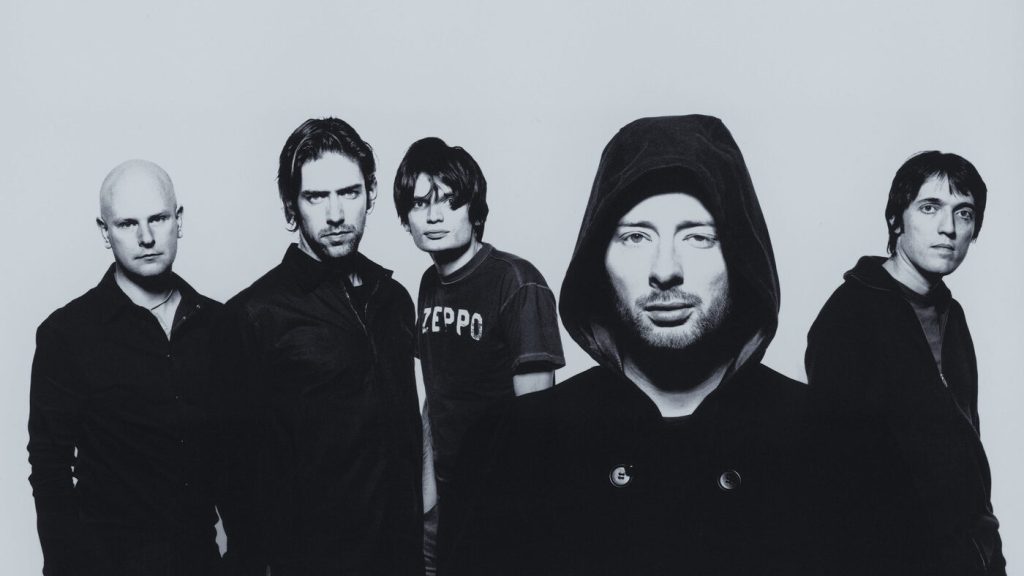Album Essentials: Radiohead "Kid A"

By Dave Swanson - Summit FM Contributor
"I felt like I was going f***ing crazy," Radiohead guitarist Ed O'Brian told Q Magazine looking back on the time period just before writing what would become 'Kid A.' "Every time I picked up a guitar I just got the horrors. I would start writing a song, stop after 16 bars, hide it away in a drawer, look at it again, tear it up, destroy it... I was sinking down and down."
Before the Beatles, Bob Dylan and kindred spirits set up shop, pop music was a much simpler game. People wrote songs, people sang them, record labels signed them, the public bought them, or didn't. Some acts were markedly better than others and some were noticeably more involved than others. Frank Sinatra, for example, is often and rightfully credited with the concept of the 'concept' album. He produced several thematic albums that not only stood a cut above, but have survived the sell by date. By the mid-60s, pop music had become an art form, not just a catchy jingle...not that there's anything wrong with 'just a catchy jingle' mind you, but the idea of rock/pop acts creating art was new at the time.
From 'Pet Sounds' to 'Close To The Edge' to 'Sandinista' and beyond, rock and rollers were always trying to one up each other, and themselves. Of course, in the process they could easily alienate casual fans, confuse critics and, perhaps, confuse themselves when crawling a bit too far out on that limb. The other option was, of course, to keep delivering the same goods that got them to that place of being able to branch out. A place Radiohead found themselves in at the dawn of the 2000s.
Following the huge critical and commercial success of 'OK Computer,' Radiohead were somewhat at crossroads artistically. "I was fed up with all the prog-rock analogies," said guitarist Ed O'Brian, "particularly because I hate all that music anyway. I thought the only way that we could do the antithesis to OK Computer was to get rid of all the effects, have really nice-sounding guitars and do something really snappy." At the same time, singer Thom Yorke immersed himself in the music being released by the Warp label, who specialized in groundbreaking electronic sounds, acts like Autechre and Aphex Twin, trying to find new inspiration to incorporate into the Radiohead sound. This was decidedly at odds with O'Brian's back to the roots concept.
"If you're going to make a different-sounding record," O'Brian said, "you have to change the methodology. And it's scary - everyone feels insecure. I'm a guitarist and suddenly it's like, well, there are no guitars on this track, or no drums. Jonny, me, Coz, and Phil had to get our heads round that. It was a test of the band, I think. Would we survive with our egos intact?" Yorke came to the conclusion that, "To be honest, yes, we could have done that," he told Rolling Stone. "And three weeks down the line, it would have been a f***ing nightmare. We would have hated it."
The progression of the band had been swift, from the dyed blonde angst and 'chunka chunka' guitar of 'Creep' through the haunting acoustic textures on 'The Bends, a beautiful album, ultimately checking all the boxes on 'OK Computer,' which sold into the the millions, though, according to Q, the band now views that album as "overrated and several minutes too long."
So Radiohead opted to take a new road with 'Kid A,' initially confusing fans and critics, some of whom called it a "commercial suicide note," as they picked apart it's obvious atempt at creating something that could be seen as decidedly obscure. The Guardian going as far as to say it was "self-consciously awkward and bloody-minded, the noise made by a band trying so hard to make a 'difficult' album that they felt it beneath them to write any songs." 'Everything in Its Right Place,' 'How to Disappear Completely' and 'Optimistic' are all good examples of the new direction the band opted for on 'Kid A.'
Whether it was the lingering excitement from 'OK Computer' or something in the water, no one told the record buying public, as the album shot to number one in Canada, Ireland, Scotland, New Zealand, England and America! It remains one of the band's most cherished titles in their catalog and one of the most unconventional albums to ever be classified as a hit. Years later, many notable publications have even listed it on their respective 'Greatest Albums of All Time' lists. While no singles were released from the album, much material was record during these sessions, so much, in fact, that the follow-up album, 'Amnesiac,' was comprised of material from these sessions, though taken in a different direction. Radiohead have proved themselves to be an essential component to the rock landscape over the past 30 plus years, and 'Kid A,' as off the beaten path as it may have been at the time, has also proved itself an essential listen







